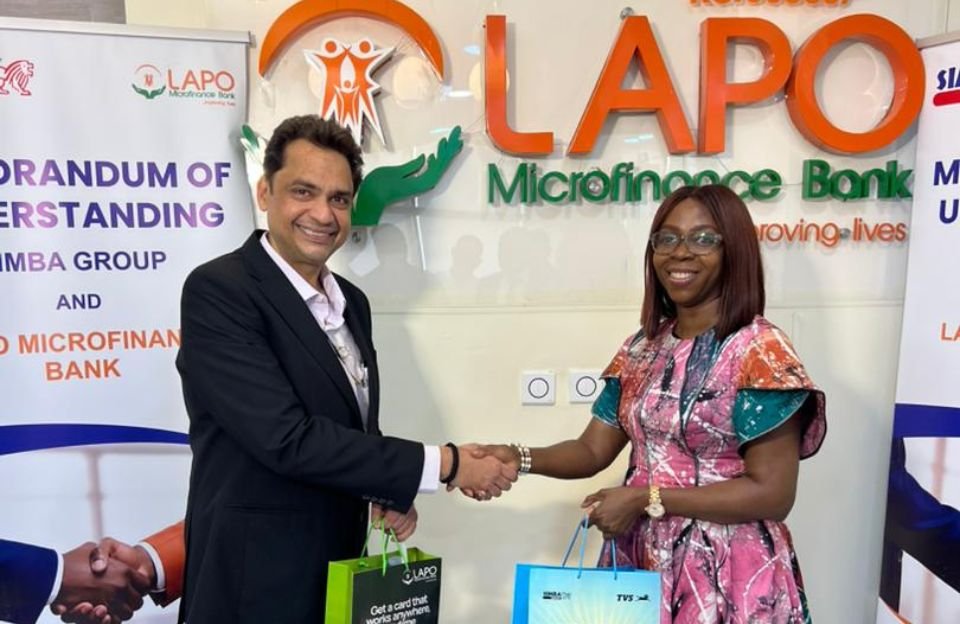

Jaiz Bank Unveils NQR Code to Foster Payments
Jaiz Bank Plc, said it has embraced and deployed the newly introduced Quick Response Code (NQR) to ease transactions for its customers and merchants.
The NQR is an indigenous payment platform designed by the Nigeria Interbank Settlement Scheme (NIBSS), to provide a reliable and enhanced payment experience with the aim of lowering transaction costs for customers.
The Managing Director/Chief Executive, Jaiz Bank, Mr. Hassan Usman, described the solution as one of the most innovative and exiting products of the payment systems in the country.
He said the deployment of NQR by the bank was in line with its strategy of growing its retail business, deepening digital financial inclusion, and lowering transaction cost for its customers.
In a statement issued by the bank’s Head, Corporate Communication, Halima Ishaq, the MD said: “The bank is deploying NQR payment system as part of its growing digital solutions to retain and attract merchants that require efficient but cheap payment solutions due to their relatively small profit margins.”
The statement added that the code, being the newest addition to its e-banking products, will be leveraged upon to ensure quick and convenient means of payments for goods and services.
The NQR service was designed for merchants/individuals to receive or make payments for goods and services. It is a flexible digital and contactless payment solution that is convenient with an integrated process that leverages on Application Programming Interface (APIs).
It enhances the scanning to pay mode, fast-track the process for receiving money in real-time, and facilitates quick payments.
The platform is integrated with the bank’s existing mobile banking application to support retail payment and cardless ATM withdrawal.
According to the bank, the payment system will only require customers to log into the app, scan the NQR code, authenticate the transaction with a PIN and merchants are instantly credited with the value.
The NQR code are barcode-like tokens that mask data.
These tokens are then used for the transmission of data used for the authentication of payments. It could be static and reusable or dynamic which can be scanned only once.
















